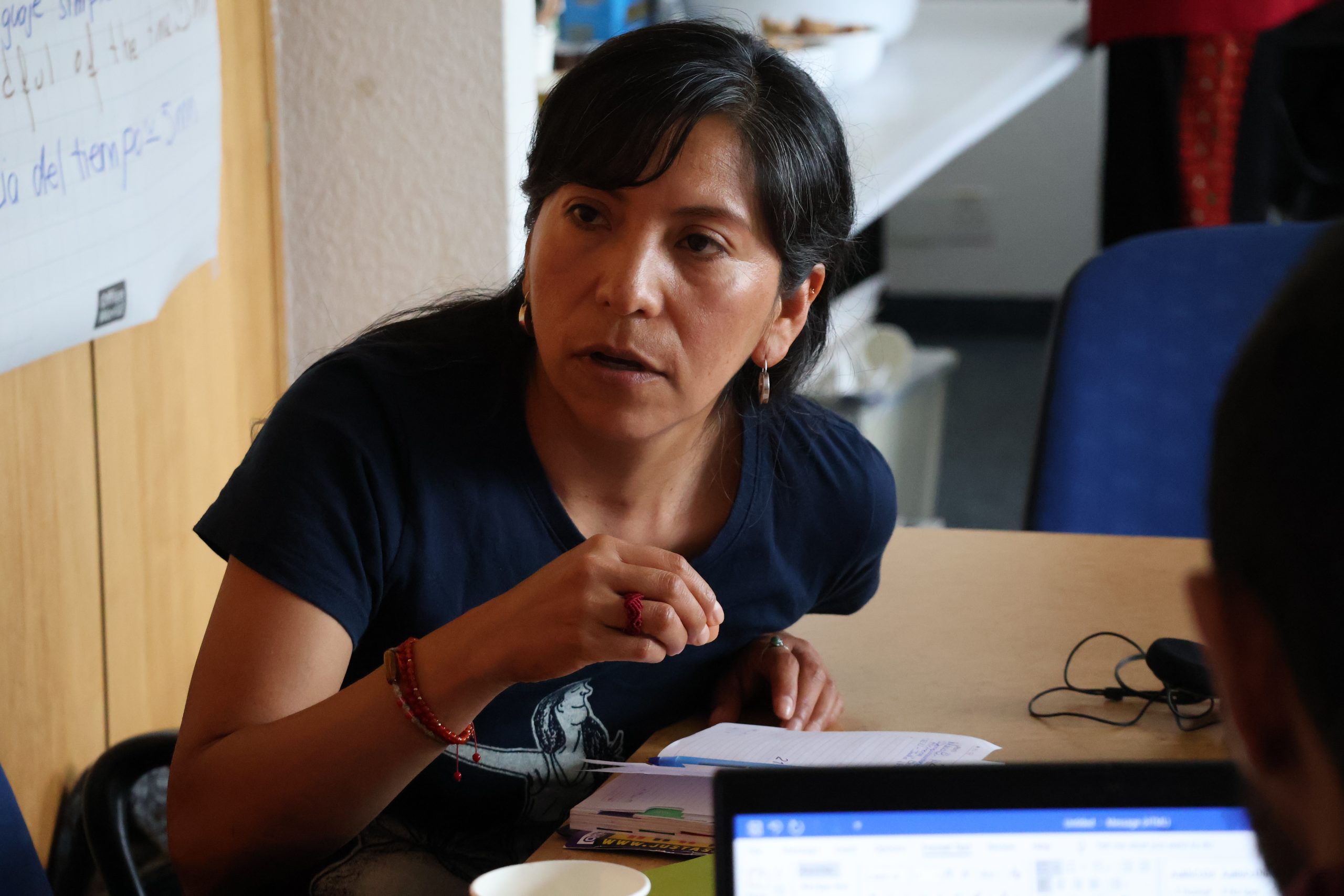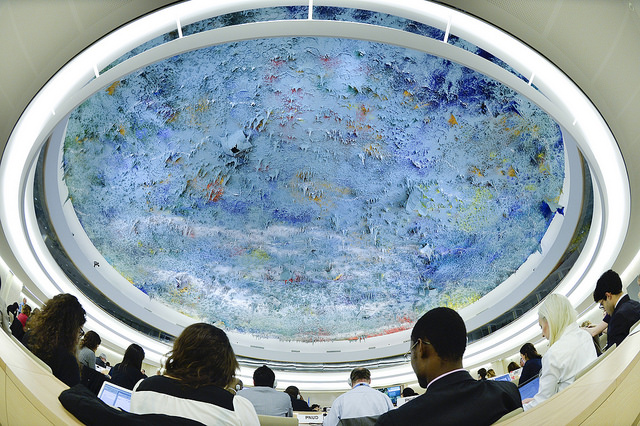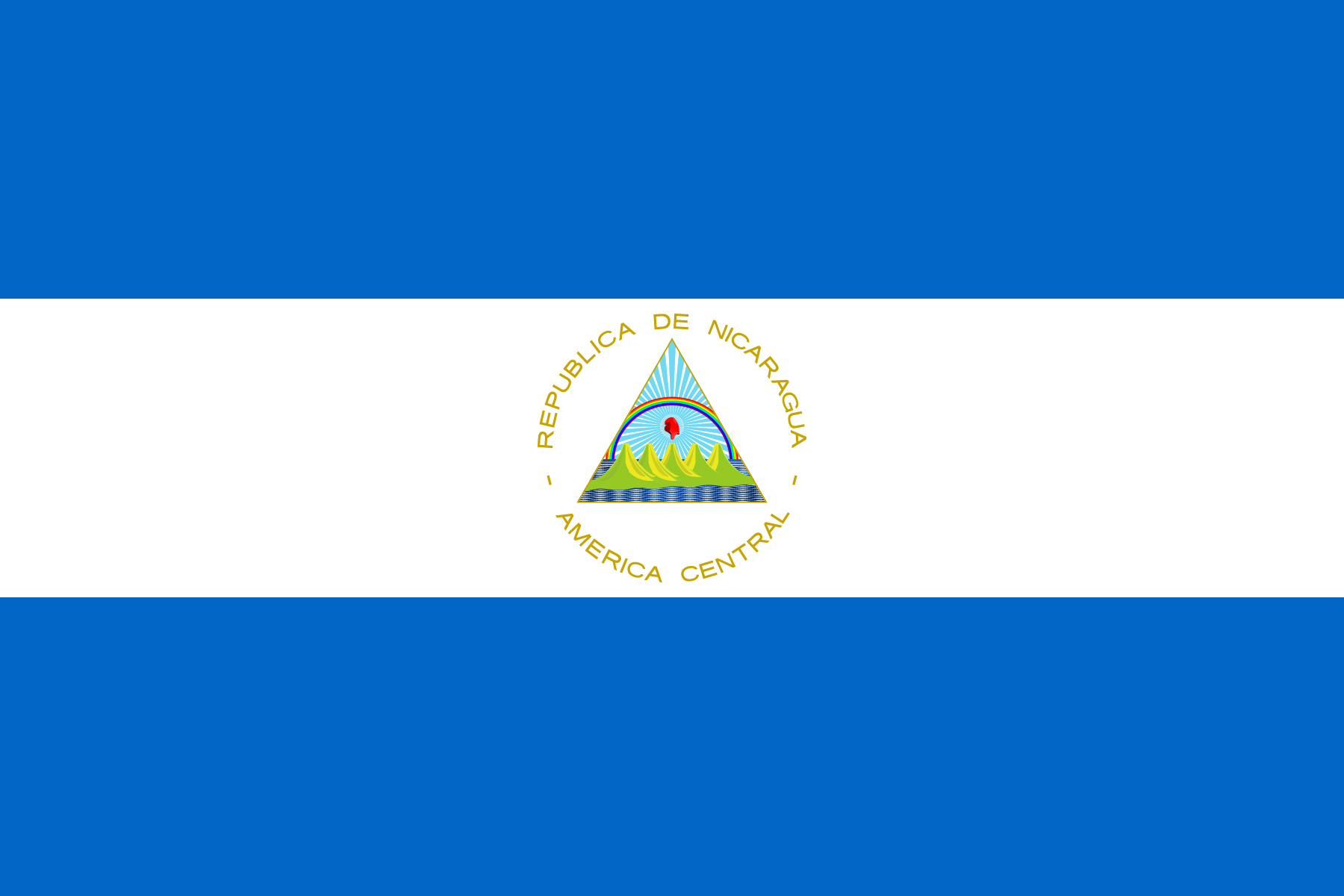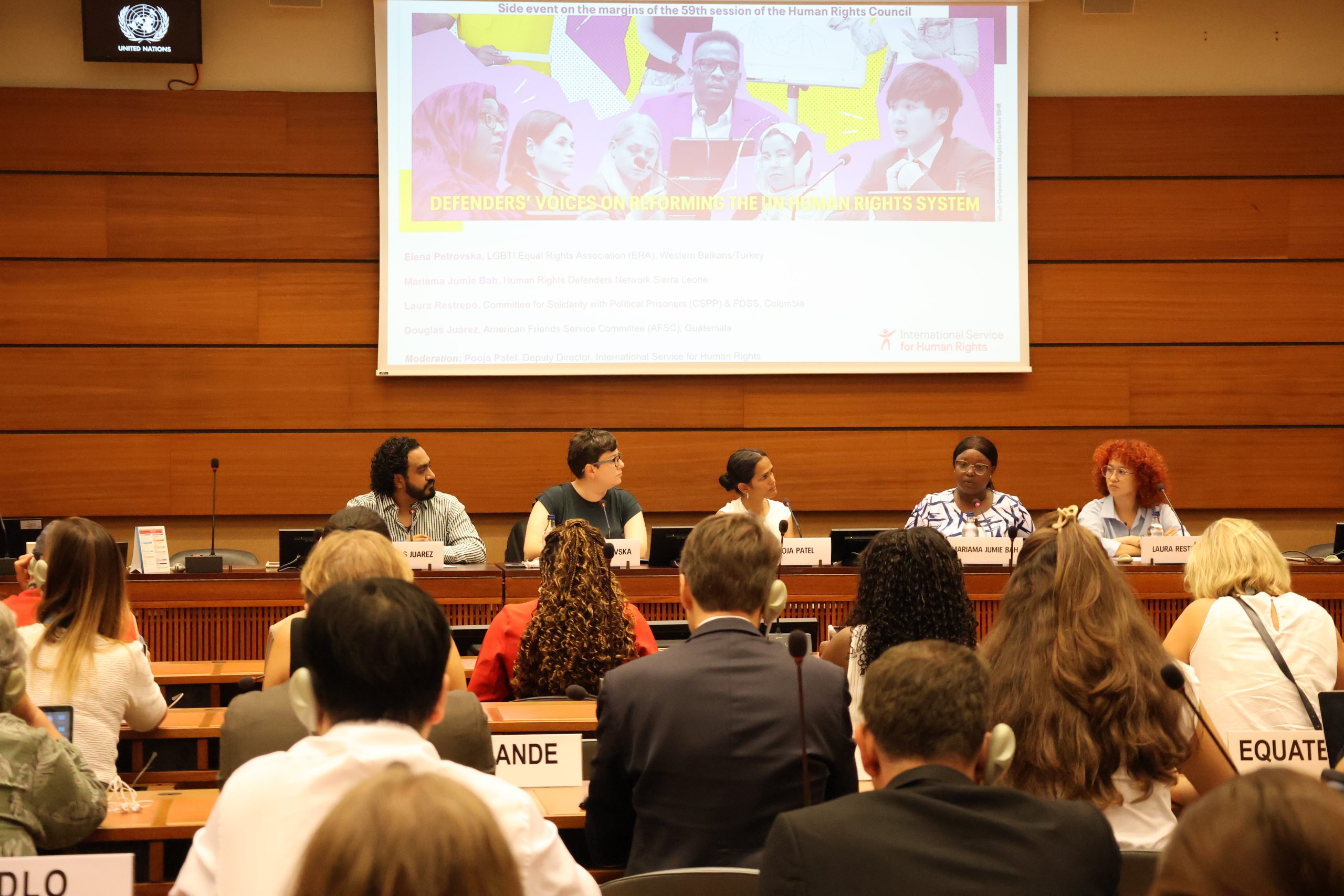The invasion of Ukraine and the atrocities of the war had a significant impact on much of the HRC’s work in 2022, and particularly the March session when States from all regions actively took the floor to condemn Russia’s aggression and violations in Ukraine. The HRC reacted promptly and strongly by holding an Urgent Debate and establishing a Commission of Inquiry on Ukraine. In May, in response to the horrors revealed in Bucha and surrounding areas of Ukraine previously occupied by Russian forces, the HRC responded with a Special Session and a resolution denouncing the atrocities. The swift reaction and frequent strong calls for accountability were encouraging and should be replicated in other situations where civilians suffer widespread abuses.
There were also important discussions about the broader impacts of the war in Ukraine, highlighting: the treatment of Ukrainian refugees, as compared to previous waves of refugees fleeing other conflicts; unequal, racially discriminatory treatment and delays faced by non-Ukrainian civilians attempting to flee the war; and food insecurity arising from armed conflict.
We were pleased to see the Council establish important new mandates on Nicaragua, Russia and Iran in response to deteriorating situations in those countries. Mandates were renewed on Afghanistan, Belarus, Burundi, DPRK, Ethiopia, Eritrea, Libya, Myanmar, Venezuela, Sri Lanka and South Sudan (amongst others), ensuring that much-needed human rights documentation and investigation can continue. In addition to Ukraine, the Council responded to urgent human rights crises by holding a Special Session on Iran and an Urgent Debate on the situation of women and girls in Afghanistan.
The September session was particularly significant, with initiatives on two P5 Security Council members, Russia and China. Russian and international civil society applauded the adoption of the resolution establishing a new Special Rapporteur on Russia, ensuring scrutiny on the crackdown on rights and a focal point for engagement with beleaguered and courageous Russian civil society and rights defenders. After the publication of the High Commissioner’s game-changing report on Xinjiang, China, shameful “no” votes from Muslim-majority States such as Indonesia, Pakistan and Qatar, and weak abstentions from States such as Argentina, Brazil and Mexico, meant that the Council narrowly voted against holding a debate on the report. The very close vote breaks the taboo that China is beyond international scrutiny and has encouraged Uyghur and other human rights groups to continue to advocate for justice and accountability for the victims and survivors of violations that the High Commissioner for Human Rights found may amount to crimes against humanity.
It was disappointing to see no resolution on the Philippines, despite the continuing killings and other rights abuses as part of the war on drugs, and a weak resolution on Yemen which asks for capacity building – a response wholly inadequate to address the human rights crisis in that country or to provide any pathway to accountability for victims. Also disappointing was the failure of the Council to address in any way the dire situations in Egypt, as spotlighted by the restrictions on civic space at COP27, and in Saudi Arabia, despite the mass execution in March of 81 men following trials in a criminal justice system rampant with abuses. Russia, China, Venezuela, Cuba, Pakistan, Egypt and Eritrea continued to present positions and initiatives frequently seeking to undermine rights, avoid international scrutiny, weaken rights institutions and mechanisms, reduce civil society participation and promote anti-rights narratives.
On membership, the General Assembly suspended Russia following its invasion of and atrocities in Ukraine, and Venezuela’s candidacy was defeated on a competitive slate in the HRC elections, demonstrating that it is possible to apply the HRC membership standards and prevent States with appalling human rights records from sitting on the UN’s premier human rights body.
One of the more positive thematic outcomes this year was the adoption of the resolution renewing the mandate of the Independent Expert on sexual orientation and gender identity, put forward by the Latin American core group. The resolution introduced for the first-time language condemning legislation criminalising consensual same-sex conduct and relations and diverse gender identities. The Council also adopted its annual African Group-led ‘Rhetoric to Reality’ resolution on the implementation of the Durban Declaration and Programme of Action, which tackled important issues including the discriminatory treatment, unlawful deportations, excessive use of force and deaths of African migrants, including refugees and asylum-seekers, at the hands of law enforcement officials engaged in migration and border governance.
Throughout the year, many States expressed concern about a ‘polarised’ environment at the HRC, referring to the number of difficult votes and diverging views on many topics. However, in our view, the robust discussions and the range of challenging issues addressed by the HRC also indicate a willingness to step up and tackle many of the most pressing human rights concerns of our time, even when they involve powerful actors. Whilst consensus is a valuable objective and can signal important redline expectations of the international community, such as States’ almost unanimous condemnation of the Taliban’s exclusion of girls from education, principled human rights action should not be sacrificed in the quest for consensus.
The Council bid farewell to Michelle Bachelet who stepped down as High Commissioner on 31 August and welcomed Volker Türk, who took up office on 17 October. We have been pleased to see the new High Commissioner has already undertaken several country visits, spoken out about the restrictions on civil society at COP27 and in Egypt, confirmed his support for, and intention to follow up on, his Office’s Xinjiang report and held an end of year press briefing highlighting the forgotten crises in Haiti, Yemen, Afghanistan, Mozambique and Somalia.
Despite some setbacks, we can all be encouraged by the Council’s substantial body of human rights work in 2022. 2023 will undoubtedly be just as busy and, we hope, even more effective.
Download as PDF




